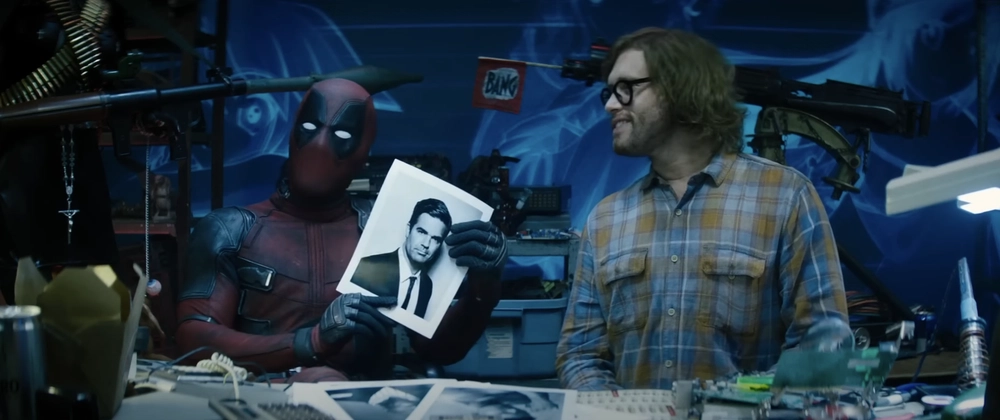Let’s be honest, as an engineer, whether you like it or not, you’ll have to take part in the hiring process at some point in your career.
Some engineers start interviewing earlier than others, and those who are new to it often feel anxious before stepping into the role of interviewer. I certainly did.
I remember my first experience: we were hiring for a Senior Roku Developer position, and I was asked to support my team lead in the process and provide a second opinion.
Why it Was a Challenge
- At the time, I was still struggling with imposter syndrome, so questioning a senior developer who probably knew more than I did felt intimidating.
- I also worried about misrepresenting my team and company by not presenting myself well.
- And, of course, I feared making a poor judgment that could lead to a bad hire.
Interviewing More Experienced Engineer
To prepare, I wrote down all technical questions I wanted to ask, and then tried to note down the answers as well.
During this exercise, I had a realization: even though I knew the answers, I struggled to explain them clearly and concisely.
Following Richard Feynman’s famous saying, "If you can't explain it simply, you don't understand it well enough," I marked these questions as personal improvement topics for myself.
This process became my first step. It helped me establish a solid framework for the discussion and gave me a clearer sense of the direction that the conversation can go.
Maintaining a Professional Image
At its core, the real challenge was how I should conduct myself when challenged.
I decided to approach the interview with an open mindset, allowing myself to learn from the experience.
To make this work, the conversation needed to feel like two engineers discussing topics they're passionate about and not like one person asserting their opinions while judging the other.
Fortunately, the company really promoted this kind of culture, so I felt confident it wouldn’t be an issue.
The Pressure of Making the Right Hiring Decision
After reflecting on this pressure, I realized there was one thing I truly disliked: the possibility of being fooled by someone's misrepresentation of himself. To put it in the right context, I was more worried about being tricked than about making the wrong hiring decision.
It was a clear clash between my ego and my responsibility.
However, once I set my ego aside, I recognized that anyone could be misled by how someone presents themselves.
This realization helped me let go of my ego and allowed me to approach the interview with a more honest perspective.
In the end, it will be simple: if I genuinely enjoy the conversation and the candidate feels authentic, it will be a good fit. And if I notice any red flags, I will bring them up to my team lead.
The Lesson Learned
A few days before the interview, my team lead sat down with me, explained the process, and set clear expectations. This should have helped me focus on what really mattered - covering my team lead's blind spots and being there after to challenge him during the candidates briefing to ensure we hired the best possible fit for our team.
Looking back, it's clear how much I overthought and stressed about something that was much simpler than I made it out to be!
Preparing in detail for the interview definitely helped me significantly, but looking back, I would have enjoyed the process much more if I hadn’t gone into it with the wrong expectations. I built up a lot of unnecessary pressure, thinking I had to act like a seasoned interviewer right away. In reality, it was about learning, adapting, and growing alongside the candidate. If I had simply accepted the process for what it was - a chance to grow - I would have found it much more enjoyable.
Could This Have Been Avoided?
Absolutely. I never voiced my concerns to my team lead. By keeping my worries to myself, I never gave anyone the chance to reassure me that I was overcomplicating things.
It’s completely understandable to feel challenged during a technical interview, even when you’re the one doing the hiring. Yes, I know how strange that sounds! But, as always, communicate your concerns about the task at hand. That way, you can be sure there’s actually something to worry about!



Top comments (0)